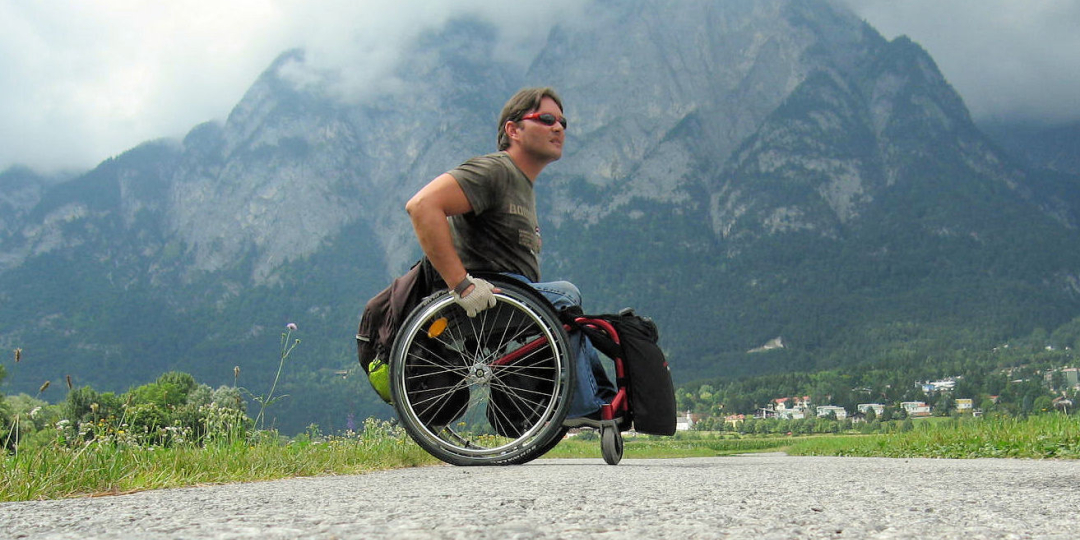Tourism businesses need to market more inclusively and transparently to appeal to travellers with disabilities.
Apart from ensuring their business is physically accessible, tourism businesses need to consider how they market their accessibility, according to industry experts.
“Many businesses are wary of including the fact that they are accessible in their marketing, as they don’t want to be perceived as universally accessible and then encounter a guest with a disability that they cannot accommodate,” said travel writer and inspirational speaker, Lois Strachan.
She told Travel News that most advertising for accessible tourism was done through word of mouth in the community representing a variety of disabilities.
Looking to change this is founder of Accessible South Africa and Warrior on Wheels, Deirdré Gower. “We encourage businesses to be transparent and make all the information available. Rather than saying ‘wheelchair friendly’, include pictures of your ramps, doorways and bathrooms. Include measurements of your doorways and as much information as possible,” she said, adding that if this information was readily available it would save disabled travellers a lot of time when researching.
“Before you go anywhere you need to find accommodation that is accessible, but you don’t just want to stay in a guest house for two weeks. You want some activities to do like going to a restaurant or a museum. By the time you’ve planned a holiday you’ve done about 200 000 Google searches.”
Lois, who lost her sight at age 21, said for her, researching an establishment’s physical accessibility wouldn’t determine whether or not she chose to visit. “I think there’s a general lack of understanding, and I have a real issue with the term ‘universal accessibility’ because I don’t think it’s possible. There is no possible way that any business could cater for the needs of everyone.”
Lois’s needs are different to those of a traveller who is wheelchair bound, and even travellers with wheelchairs have varying needs. “My son is small, and his wheelchair is small enough that if a place isn’t totally accessible, we can leave the wheelchair outside and I can carry him,” said Deirdré. “We can make a plan, but there are fully grown adults who rely entirely on big, heavy motorised wheelchairs who can’t adapt like we can.”
Warrior on Wheels focuses on facilitating adventure tourism activities for children with disabilities, something Deirdré wishes there was more marketing for. “I know it would be inspiring to people who may not have even thought that they could do those activities if there were pictures of people with different disabilities doing them.” She said she had been told by several of the families she had facilitated adventures for that they would never have imagined that their children could go horseback riding, or ziplining.
Both Lois and Deirdré said they had not seen a lot of inclusion, not just in tourism marketing, but in media as a whole. “Except for establishments that specifically market towards the disabled community, I haven’t seen much representation,” said Lois.
Please complete out travel jobs survey at: https://www.surveymonkey.com/r/YJD3YK7














